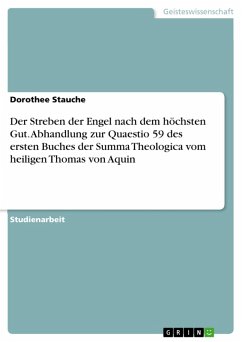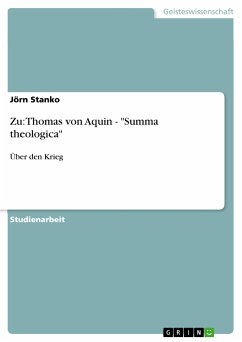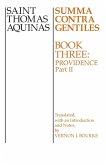"Summa Theologica," composed by the eminent theologian Thomas Aquinas in the 13th century, stands as a monumental synthesis of Christian theology and philosophy. Written in a systematic and methodical style, this comprehensive work addresses fundamental questions regarding God, morality, and human existence, employing a dialectical approach that combines Aristotelian logic with Christian doctrine. The text is divided into three main parts, meticulously exploring topics such as the nature of God, the moral life, and the sacraments, making it not only an intellectual cornerstone of scholastic thought but also an essential guide for understanding the interplay between faith and reason. Thomas Aquinas, a Dominican friar and philosopher, was profoundly influenced by the theological currents of his era, particularly the reconciliation of faith with the burgeoning philosophy of the ancient Greeks. His extensive education, including studies at the University of Naples and Paris, equipped him with the tools to engage rigorously with philosophical questions, leading him to pen this seminal work. Aquinas's background in both theology and philosophy allowed him to articulate a vision of a unified truth, reconciling competing ideas within Christianity and the surrounding intellectual culture. "Summa Theologica" is invaluable for scholars and lay readers alike, offering insights into the nature of faith, ethics, and the quest for truth. Its timeless appeal lies in its ability to address existential questions that continue to resonate today. Delve into Aquinas's profound reflections that have shaped centuries of thought and remain pivotal in contemporary discussions on theology and philosophy.
Dieser Download kann aus rechtlichen Gründen nur mit Rechnungsadresse in A, B, BG, CY, CZ, D, DK, EW, E, FIN, F, GR, H, IRL, I, LT, L, LR, M, NL, PL, P, R, S, SLO, SK ausgeliefert werden.









